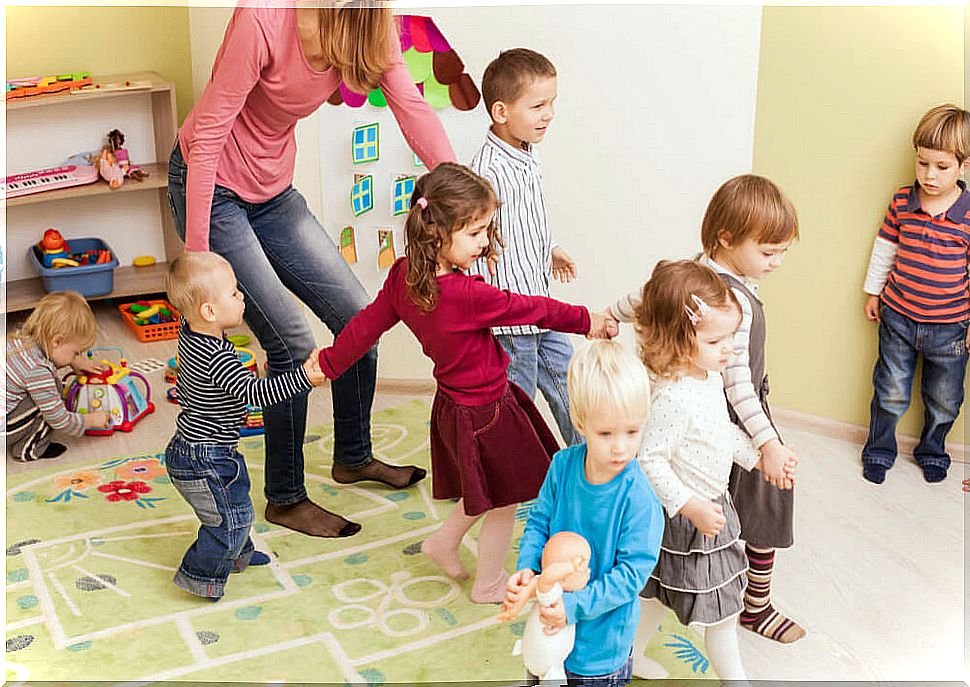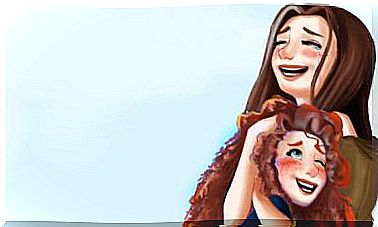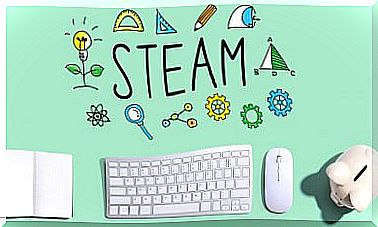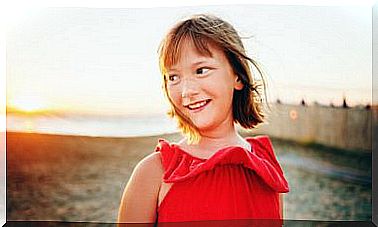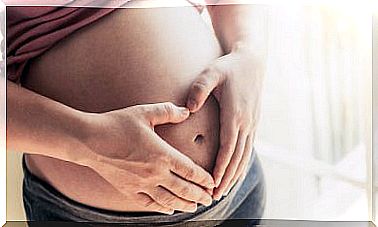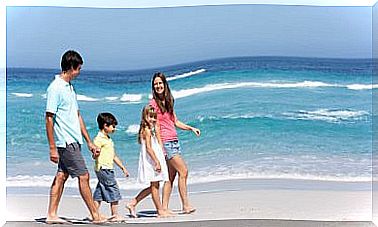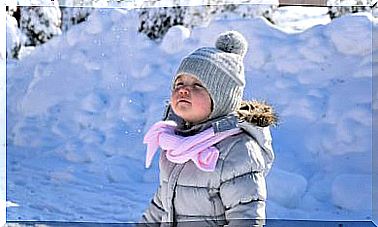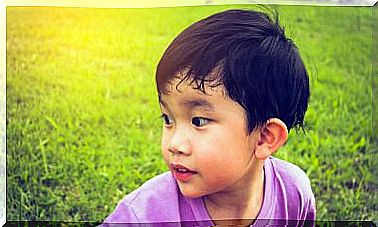What Is The Early Childhood And Primary Education Code?
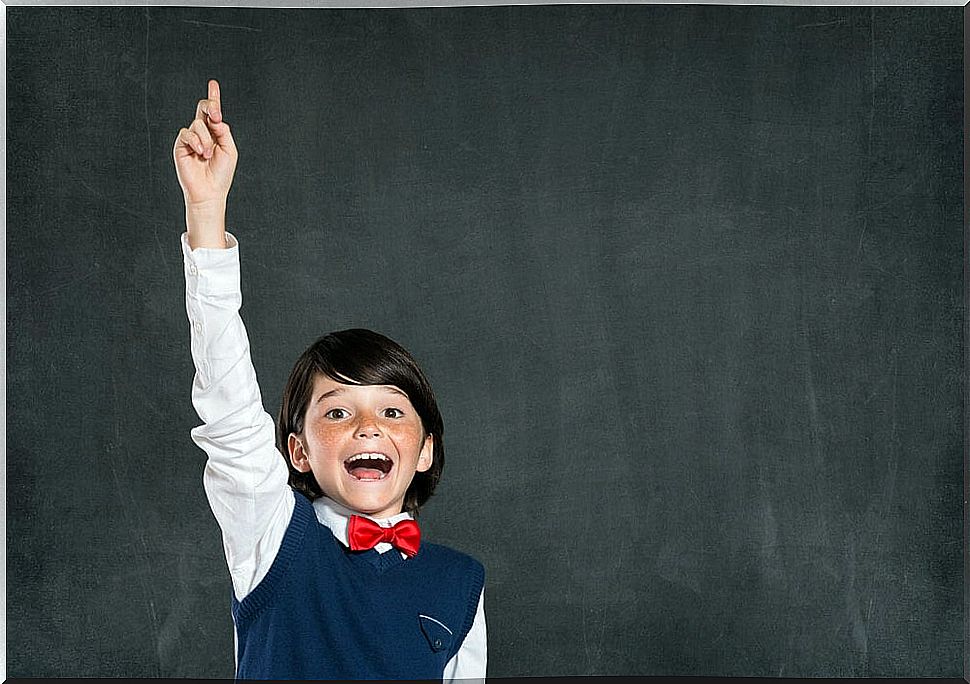
Education in Spain is compulsory between the ages of 3 and 16. During this stage, the Educational System is divided into three levels. The first is Early Childhood Education, which ranges from 0 to 6 years old.
The second cycle is Primary Education, which corresponds to children from 6 to 12 years old. And the third is Compulsory Secondary Education (ESO), which covers students between 12 and 16 years old.
All schools are governed by the Organic Law of Education (LOE) approved in 2006, partially modified and converted into LOMCE in 2013 and in force since 2015.
Within this legal framework, there are also codes that collect all the regulations and regulate the different stages of compulsory education. Next, we will see some elements to better understand the Early Childhood and Primary Education Code.
General aspects of Early Childhood Education in the Early Childhood and Primary Education Code
Early Childhood Education is the first level of education in Spain. It corresponds to the education of children between 0 and 6 years old, and is compulsory. This level of education is regulated by Organic Law 2/2006, of May 3, on Education (LOE).
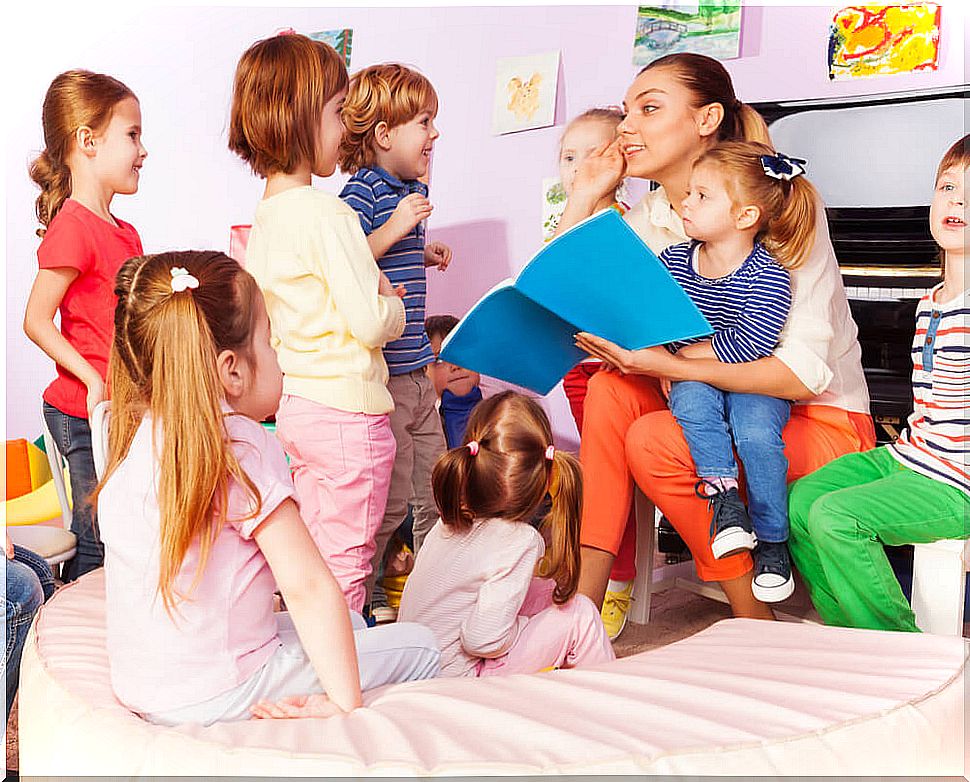
According to the Early Childhood and Primary Education Code, Early Childhood Education constitutes an educational stage with its own identity. And that is why Royal Decree 1630/2006 of December 29, establishes its objectives, aims and general principles.
This decree also stipulates that the educational administrations are in charge of establishing the educational content of this level. The educational centers, for their part, also play an important role. It is up to them to develop and complete, if necessary, the curriculum prepared by the administrations.
At this level of education, the contents are aimed at achieving a comprehensive and harmonious development of the child, at all levels. Indeed, development is sought both on the physical, motor, emotional, and affective, social and cognitive levels.
Specific objectives of Early Childhood Education
As stipulated in the Early Childhood and Primary Education Code, taking up the aforementioned Royal Decree, early childhood education has specific objectives that seek to develop certain capacities inherent to that stage in children.
Among the main objectives for the little ones is to know their own body and that of others, and to respect differences, observe and explore the family, natural and social environment, as well as gradually acquire autonomy in their usual activities.
Early Childhood Education also seeks to develop affective capacities, the progressive acquisition of basic guidelines for coexistence and social relationships, as well as the peaceful resolution of conflicts.
Finally, it is about developing communication skills in different languages and forms of expression. You also have to start in logical, mathematical and reading skills, as well as in movement, gesture and rhythm.
General aspects of Primary Education in the Infant and Primary Education Code
In general terms, Primary Education must provide children with an education that allows them to strengthen their personal development and well-being, and acquire basic cultural skills related to oral expression and comprehension, reading, writing and calculation.
Another purpose of this educational stage is to seek the development of the social skills of the little ones, of work and study habits, as well as of artistic sense, creativity and affection.

Specific objectives of Primary Education
As stipulated in the Early Childhood and Primary Education Code, primary education has specific objectives that seek to develop in children certain capacities typical of that stage of development. For organizational purposes, these courses are divided into three cycles of two years each.
Among these objectives is knowing, appreciating and acting according to the values and norms of coexistence, preparing for the exercise of citizenship, and respect for human rights and diversity.
Primary Education also seeks the development of work and study habits, the acquisition of skills for the prevention and peaceful resolution of conflicts.
In linguistic matters, the aim is to promote the knowledge and proper use of the Spanish language, as well as the co-official language of the Autonomous Community (if any) and, at least, one foreign language. In addition, it is intended to achieve the development of basic mathematical skills.
